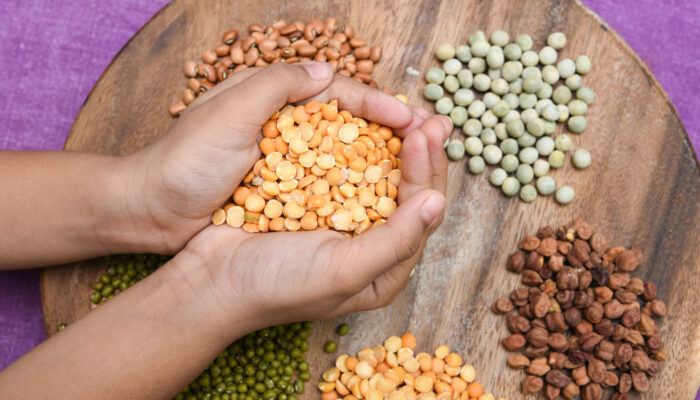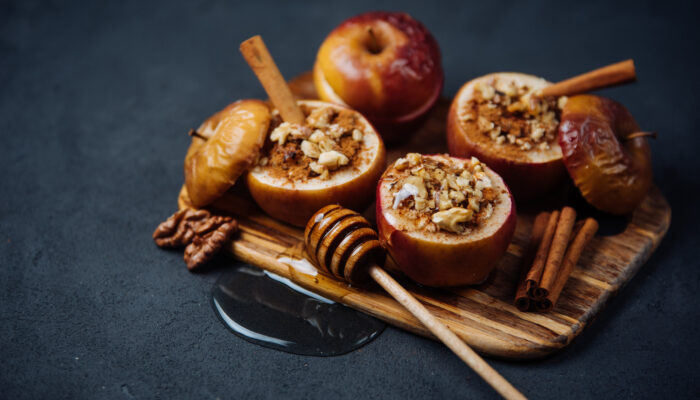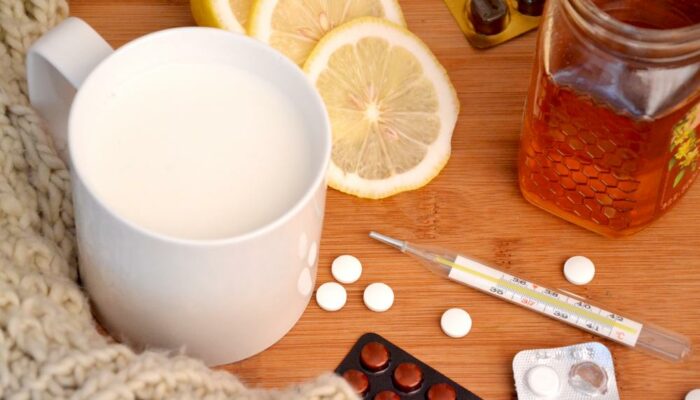
Depression and Diet
Much recent research has linked diet to depression. The body and the brain have a very real connection. Therefore, diet can greatly impact mental health. What you eat largely affects what goes on in your brain. You want to eat more foods that contain micro and macro nutrients that will nourish the body. Start by integrating more green leafy vegetables such as phytonutrients that are anti-inflammatory:
1. Antioxidants and healthy fats
Healthy fats are essential. Foods such as avocado, salmon, and farm-fresh eggs. Avoid eggs that have been sitting for a while. If the yolk is pale yellow, the egg is oxidized and you will not reap the benefits of its Omega-3 content. Extensive research has found Omega 3-s to be effective in preventing depression. Try to purchase farm-fresh eggs with a more bright orange yolk instead of yellow yolk.
2. Berries
Berries have a high amount of antioxidants. Try incorporating them in a smoothie, which is a great way to jumpstart your day and begin to get more fruits and vegetables into your diet.
3. Farm-fresh eggs
Avoid eggs that have been sitting for a while. If the yolk is pale yellow, the egg is oxidized and you will not reap the benefits of its Omega-3 content. Extensive research has found Omega 3-s to be effective in preventing depression. Try to purchase farm-fresh eggs with a more bright orange yolk instead of yellow yolk.
4. Non-processed oils
Non-processed oils are another source of healthy fats. Olive oil in particular is an incredibly healthy fat; cooking in olive oil is not only a tasty option but also an extremely healthy way to get healthy fats for a depression diet.
5. Organic grains
Whole grains can contribute to a healthy mind functioning as well, but can be risky for some if there is a grain or gluten intolerance. Some people are affected by grains more than others so it is important to experiment with what works for your diet. Try eliminating grains for a two-week period of time to determine if you feel an improvement. Sometimes the process of elimination works best with foods. Give it sufficient time to make an accurate assessment as to what works best for your body. Organic grains seem to have more of a positive effect on the mind and body.
6. Meal sizes
Remember that it’s not just what you eat, it’s how you eat it. Frequent small meals are best for maintaining healthy blood sugar levels- possibly six meals a day to prevent spikes in blood sugar. Some of the symptoms of hypoglycemia are confusion, sluggishness, and bipolar depression when glucose levels are too low.
7. High-glycemic foods
High-glycemic foods and added-sugar foods have been found to increase the risk for depression, therefore consuming more low-glycemic foods could reduce your risk for depression. The glycemic index of a food is a measure of how quickly that food raises our blood sugar. Foods that tend to have a lot of fiber tend to have a lower glycemic index. Foods that are high in fiber like beans, yams, nuts have low glycemic indexes. Foods that are more processed or have the fiber removed typically should be kept at minimum for a depression diet.
8. Refined sugar
For a successful diet for optimal mental health, look toward minimizing refined sugars and gradually adding more healthy fats. Your body and mind will thank you.



